
The Best Way to Learn Japanese: Your Ultimate Guide to Mastering the Language
Diving into the world of the Japanese language can be an incredibly rewarding journey, offering insights into a rich culture and enhancing cognitive abilities. Whether you are motivated by a passion for anime, a fascination with Japanese culture, or a professional aspiration to work in Japan, learning Japanese opens many doors. This guide will explore the best ways to learn Japanese, from mastering the three Japanese writing systems to achieving Japanese proficiency in grammar, vocabulary, and pronunciation.
What is the Best Way to Start Learning Japanese?
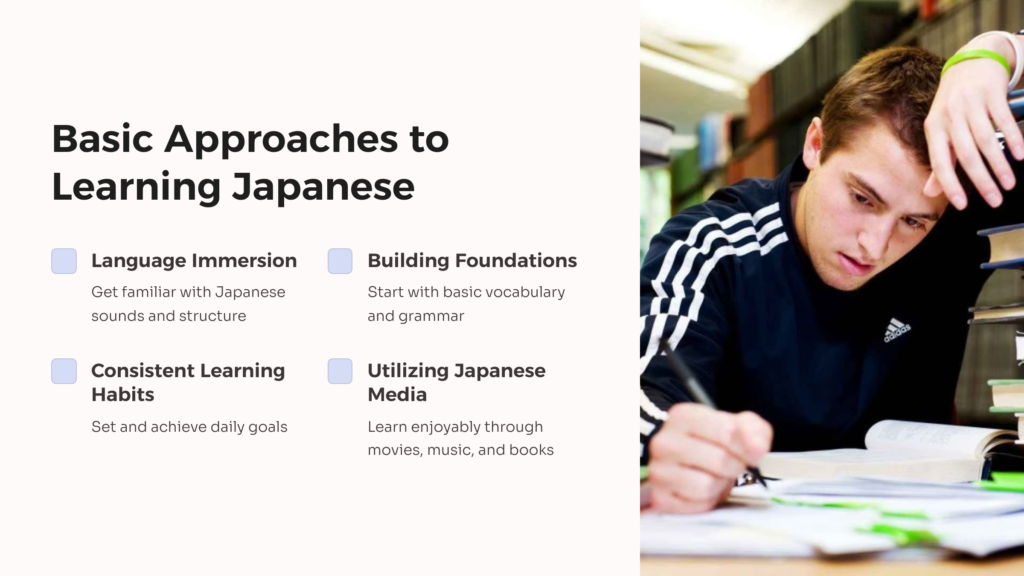
How Do Beginners Approach the Japanese Language?
For beginners, the best way to start learning Japanese is to immerse themselves in the language from the outset. Understanding how and why Japanese words sound the way they do is crucial. Beginners should focus initially on the basics, including familiarization with the language’s unique characteristics and developing a foundational vocabulary. It’s essential for those who want to learn Japanese to maintain a consistent study routine, setting realistic goals such as learning a set number of new words each day or week. Additionally, engaging with Japanese media such as films, music, and books can provide context and make the learning process more enjoyable and effective.
Why Is Learning Hiragana and Katakana Important?
Hiragana and Katakana are two of the three Japanese writing systems and are fundamental to learning the Japanese language. Learning Hiragana and Katakana is important because they form the basis for understanding Japanese words and sentence structures. Hiragana is used for native Japanese words and grammatical elements, while Katakana is primarily used for foreign loanwords, onomatopoeia, and emphasis. Mastering these alphabets is crucial for beginners as it enables them to read and write basic Japanese, paving the way for more advanced study, including learning Kanji.
What Resources Are Recommended for Beginners?
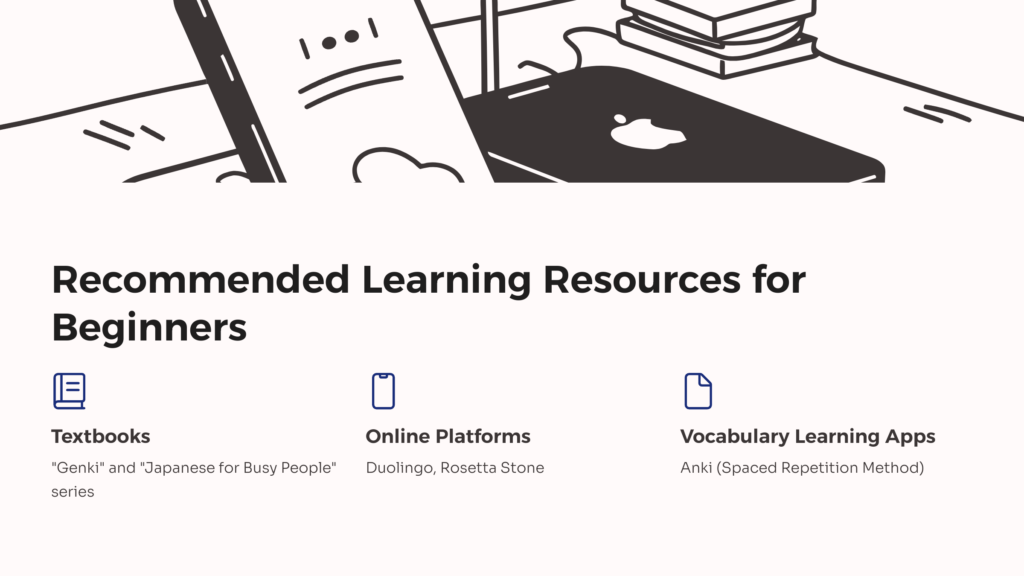
There are numerous resources available for beginners who want to learn Japanese. Popular textbooks like Genki: An Integrated Course in Elementary Japanese and the Japanese for Busy People series offer comprehensive introductions to basic Japanese grammar and vocabulary. Online platforms such as Duolingo and Rosetta Stone provide interactive ways to learn Japanese, while apps like Anki help with memorizing vocabulary through spaced repetition. Additionally, joining a language school or participating in language exchange meetups can provide valuable practice with native speakers and enhance Japanese language skills
How Can I Master Japanese Grammar Effectively?
What Are the Basics of Japanese Grammar?
Japanese grammar differs significantly from English, which can make it seem hard to learn initially. The language typically follows a Subject-Object-Verb (SOV) order, unlike English, which uses a Subject-Verb-Object (SVO) structure. To grasp the basics, learners should familiarize themselves with particles, which are markers that indicate the grammatical relationship between words in a sentence. Resources like the Dictionary of Japanese Grammar series are invaluable for understanding the nuances of Japanese grammar. Consistent practice with constructing sentences will gradually build your confidence and proficiency in using correct grammar.
What Tools Help You Learn Japanese Grammar?
Several tools can aid in mastering Japanese grammar. Grammar-focused textbooks and workbooks provide structured learning paths and exercises. Online resources such as Tae Kim’s Guide to Learning Japanese offer detailed explanations and examples. Apps like BunPro use spaced repetition to reinforce grammar points and provide quizzes to test understanding. Participating in online forums or communities where you can ask questions and share insights can also enhance your grasp of Japanese grammar by learning from others’ experiences.
What Are the Best Methods to Learn Kanji?
How Many Kanji Should a Beginner Learn?
For beginners, it is recommended to start with a manageable number of Kanji, focusing on the most commonly used characters. The Japanese Ministry of Education outlines a list of 2,136 “Jōyō Kanji,” which are essential for daily literacy. However, beginners should aim to learn around 200-300 Kanji initially, which will cover basic reading and writing needs. As proficiency increases, learners can gradually expand their Kanji knowledge, incorporating characters relevant to their interests and goals.
Which Resources Are Best for Learning Kanji?
Numerous resources are available for learning Kanji, each catering to different learning styles. Books like Remembering the Kanji by James Heisig offer mnemonic-based approaches to memorization. Online platforms like WaniKani provide structured lessons and quizzes to track progress. Apps such as Kanji Study offer writing practice and customizable learning paths. Additionally, integrating Kanji learning into language apps and engaging with native Japanese content can provide context and enhance recall.
How Do I Improve My Japanese Vocabulary and Pronunciation?
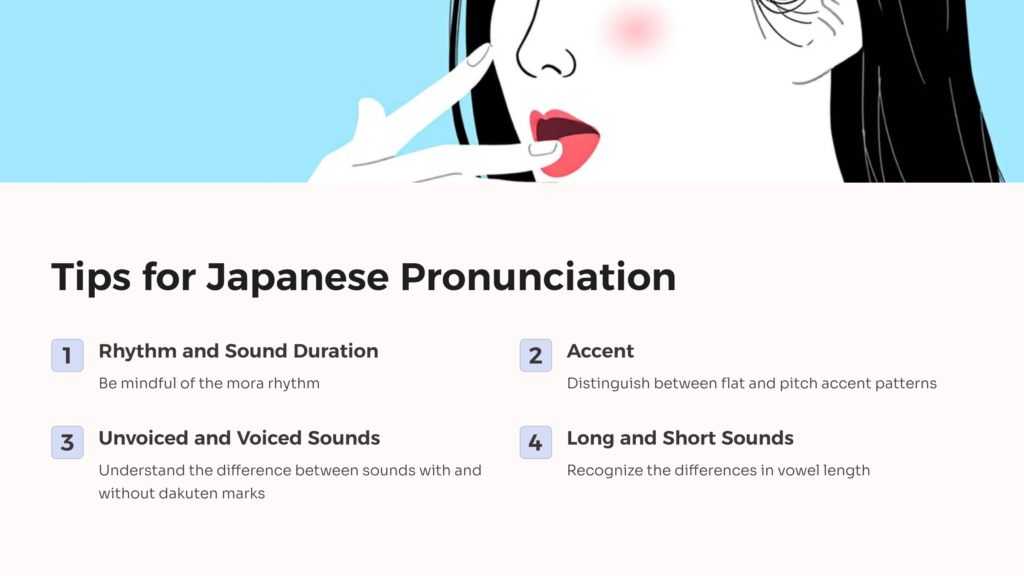
What Strategies Help in Expanding Vocabulary?
To expand Japanese vocabulary, learners should immerse themselves in a variety of contexts where new words are used. Reading manga, watching anime, or listening to Japanese podcasts exposes learners to everyday language and colloquialisms. Flashcard apps like Anki or Memrise can aid in memorization through spaced repetition. Additionally, keeping a vocabulary journal to jot down and review new words daily can reinforce learning. Engaging in language exchange with native speakers can also provide opportunities to practice using new vocabulary in conversation.
Are There Apps That Help with Vocabulary Retention?
Several apps are designed to aid in vocabulary retention through interactive and engaging methods. Anki and Memrise use spaced repetition algorithms to ensure that vocabulary is reviewed at optimal intervals. Drops focuses on visual learning and gamification to enhance memory retention. For pronunciation, apps like Forvo provide audio clips from native speakers, helping learners understand how Japanese words sound naturally. Utilizing these tools consistently can significantly boost vocabulary retention and overall language proficiency.
What Are Effective Ways to Learn Japanese Online?
Which Online Platforms Offer Comprehensive Japanese Courses?
Many online platforms offer comprehensive Japanese courses suitable for different learning levels. Platforms like Coursera and edX provide structured courses from reputable universities, covering all aspects of the language. Websites like JapanesePod101 offer audio and video lessons focused on practical language use. Additionally, Rosetta Stone and Duolingo provide interactive courses that adapt to individual learning speeds.
How Can Language Exchange Enhance Your Learning?
Language exchange is a powerful tool for enhancing Japanese learning by providing real-world practice. By connecting with native speakers, learners can apply what they have learned in conversation, receive immediate feedback, and gain insights into cultural nuances. Platforms like Tandem and HelloTalk facilitate connections between learners and native speakers worldwide. Engaging in regular exchanges helps improve speaking and listening skills, making the learning process dynamic and interactive.
What Online Communities Support Japanese Learners?
Online communities play a crucial role in supporting Japanese learners by fostering collaborative and supportive environments. Websites like Reddit’s r/LearnJapanese and language learning forums offer spaces to ask questions, share resources, and connect with other learners. Social media groups on platforms like Facebook provide opportunities to engage with native speakers and other learners in real-time. Participating in these communities can offer motivation, camaraderie, and access to a wealth of shared resources and experiences, making the journey to Japanese fluency more enjoyable and achievable.
Tips for Ensuring Success in Learning Japanese
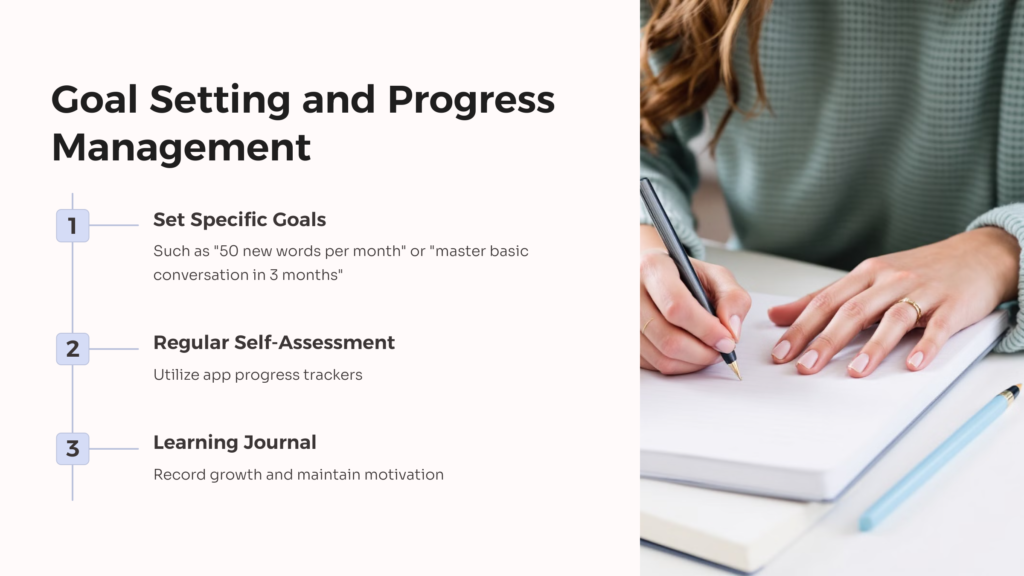
How to Set Goals and Track Progress
Setting clear and realistic goals is essential for successful Japanese learning. For example, setting objectives like “learn 50 new words every month” or “master basic conversation within three months” gives your learning process direction. To track progress, regularly take self-assessments or use progress trackers available on language apps like Duolingo or WaniKani. Keeping a notebook or journal to record your learning journey can also help you reflect on your growth and stay motivated.
How to Stay Motivated While Learning Japanese
Staying motivated involves finding joy in the learning process. Engaging with Japanese content that interests you—such as watching your favorite anime with Japanese subtitles or listening to Japanese music—can make learning feel less like a chore. Setting small, achievable goals can provide a sense of accomplishment that keeps you moving forward. Additionally, sharing your progress with friends, joining online communities like r/LearnJapanese, or attending cultural events can provide external motivation and a sense of belonging.
What Should You Be Mindful of When Learning Japanese?
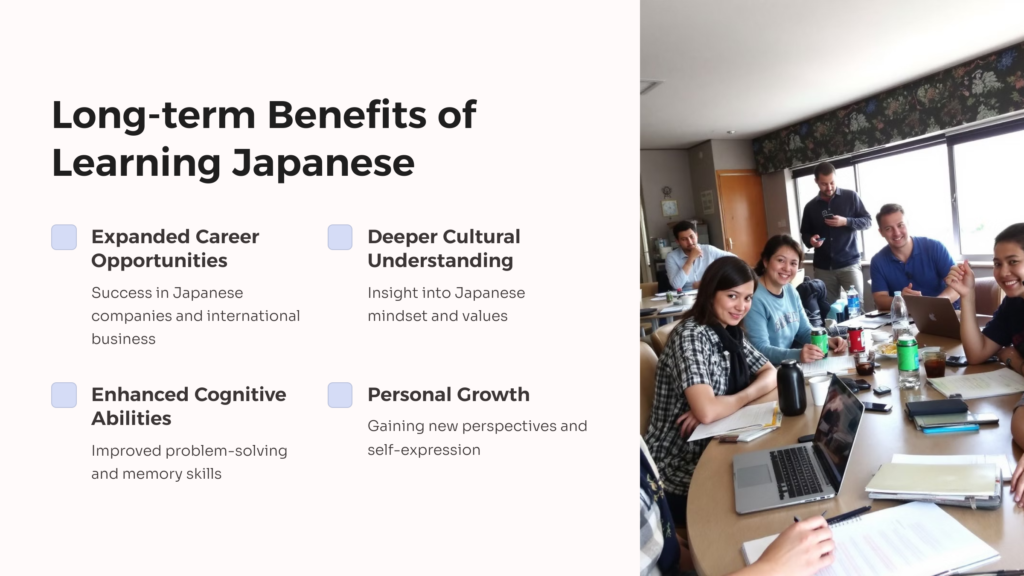
Learning Japanese requires time and effort, but it’s essential to stay patient and persistent. Don’t strive for perfection or fear making mistakes—errors are a natural part of the learning process, especially as a beginner. Focus on consistent progress rather than overnight mastery. Additionally, finding the right resources and learning methods that suit your style is crucial for long-term success. Remember to balance study with rest to avoid burnout and maintain a sustainable pace.
Conclusion
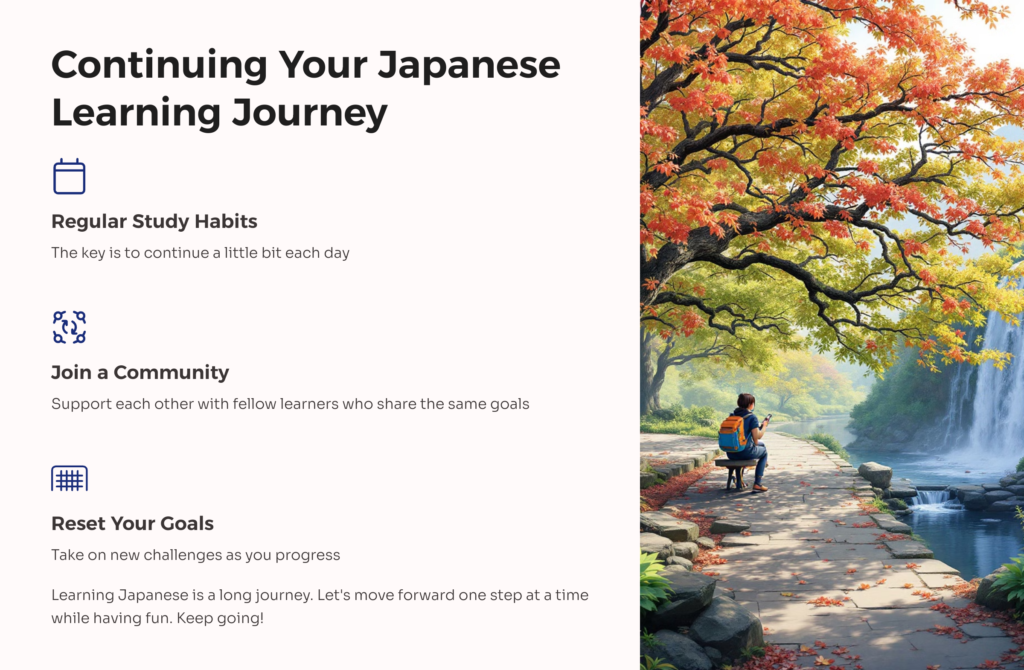
Embarking on the journey to learn Japanese is both exciting and challenging, but with the right approach and resources, you can make significant progress. From mastering the basics of Hiragana and Katakana to delving into grammar, Kanji, vocabulary, and pronunciation, every step takes you closer to fluency. Make use of tools like Genki, Anki, Tae Kim’s Guide, and language exchange platforms like HelloTalk and Tandem to enrich your learning experience. Engage with the vibrant online communities at r/LearnJapanese and beyond to connect with others on the same journey.
Above all, remember that learning a language is a marathon, not a sprint. Celebrate small victories, embrace mistakes, and immerse yourself in the beauty of the Japanese language and culture. がんばって (Ganbatte)!


コメント